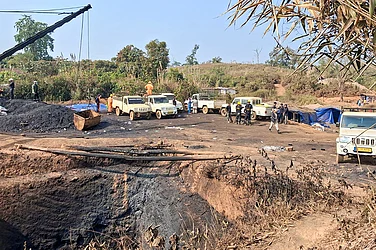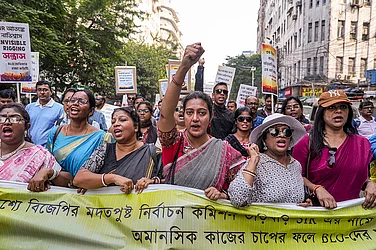The Union Cabinet announced on Thursday its approval of the Department of Fertilisers' proposal to fix Nutrient Based Subsidy (NBS) rates for the Kharif Season 2024, spanning from April 1, 2024, to September 30, 2024, on Phosphatic and Potassic (P&K) fertilisers.
It was also approved to add three additional fertiliser grades under the NBS scheme. The tentative budgetary allocation for the Kharif season 2024 stands at approximately Rs. 24,420 crore.
According to a press release from the Press Information Bureau (PIB), the scheme aims to ensure the availability of fertilisers to farmers at subsidised, affordable, and reasonable prices. It also rationalises the subsidy on P&K fertilisers considering recent trends in international fertiliser and input prices. Moreover, the incorporation of three new grades into the NBS will aid in promoting balanced soil health and provide farmers with alternatives to choose fertilisers fortified with micronutrients based on soil requirements.
What Is The Nutrient Based Subsidy (NBS) Scheme?
The Nutrient Based Subsidy (NBS) policy has been in effect in India since April 1, 2010. Covering 22 deregulated fertiliser grades, including DAP, MAP, TSP, DAP Lite, MOP, SSP, Ammonium Sulphate, and 15 other complex fertiliser grades, this policy ensures farmers receive these fertilisers at subsidised rates determined by their nutrient content, including nitrogen (N), phosphorus (P), potassium (K), and sulphur (S).
The NBS scheme provides subsidies for all non-urea-based fertilisers. Under the scheme, each grade of subsidised Phosphatic and Potassic (P&K) fertilisers, except for Urea, receives an annual fixed subsidy determined based on their nutritional content.
Notably, the Maximum Retail Price (MRP) of fertilisers is left open under this scheme, allowing manufacturers/marketers to set it at a suitable level.


























